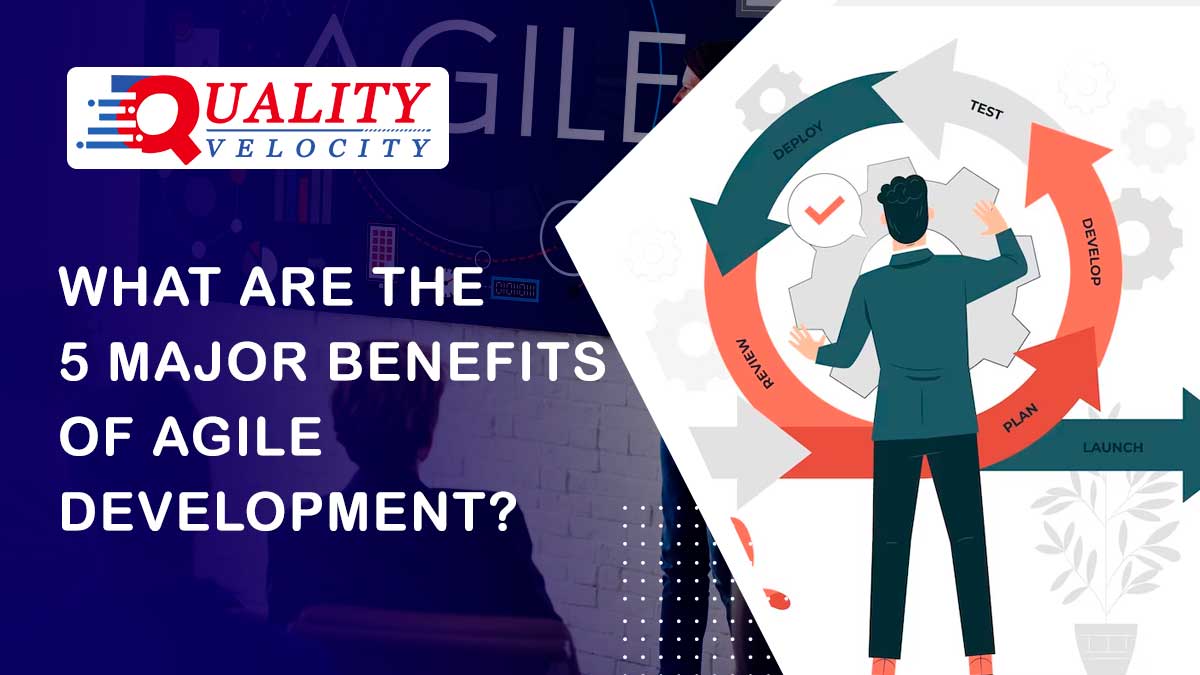Homomorphic encryption prevents us from seeing the entire data set, allowing us to analyse the data and detect financial fraud or early disease detection.
Like other physicians, Jacques Fellay wants to provide the finest care possible for his patients. It's stronger than a stethoscope or scalpel because even he utilises a more powerful tool. Every person possesses genetic markers that indicate to medical professionals like Fellay which people are more susceptible to certain diseases like AIDS, hepatitis, and more.
Fellay issued a caution to individuals who need medical attention right away. Ethics are major obstacles for Fellay, who worked at the University Hospital in Lausanne, Switzerland. We have ideas and technology, he claims. "In most cases, the limiting factor is gathering a large enough data set."
Data may also be useful to us. Fellay's research provides an illustration of how medical data could be utilised to improve our health. Project Plus Meta shares anonymized data to aid in floods and wildfires in Disaster Maps.
Roughly 1400 US universities look at academic records to identify high-risk students and offer additional support. To name just a few instances, data is the currency that powers the modern world.
Publishing and sharing data means getting such insights. So, if more people look at it, more conclusions and analyses can be conducted. However, sometimes, the one collecting the data is not skillful and doesn't know how to use AI tools to get the high-end advantages of it well it shares with organizations and firms by paying. If in case of no outside data analysis is done, then data should be kept somewhere else.
You can carelessly share raw data, but since it contains sensitive personal information such as names, addresses, and medical records, you are required by strict private regulations, such as the General Data Protection Regulation (GDPR) of the European Union, to keep this information private. Therefore, there could be severe consequences for violations.






